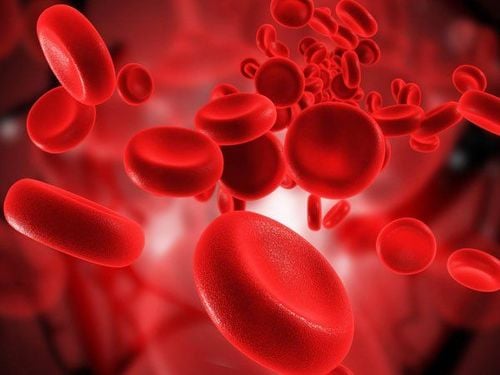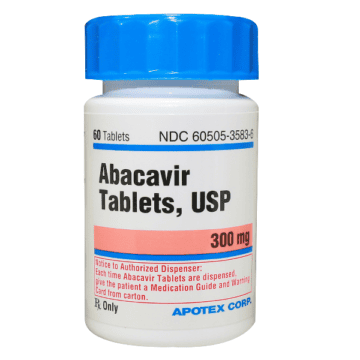This is an automatically translated article.
In general, a small amount of epithelial cells in the urine is not usually a cause for concern. However, an abnormal increase in the number of these cells in the urine may indicate a warning sign of certain conditions, such as urinary tract infections, kidney disease, liver disease. or cancer.
1. What are epithelial cells in urine?
Epithelial cells are cells that are found on surfaces of the body, such as blood vessels, skin, urinary tract or other organs. In general, epithelial cells act as a barrier between the outside and inside of your body, and help protect your body from viruses.
A small number of epithelial cells in the urine is completely normal. However, if the number of these cells exceeds the necessary amount, it can be a sign of the presence of infection, kidney disease, or another serious medical condition. So, in some cases, your doctor may order a urinalysis or urinalysis under a microscope to check to see if your epithelial cell count is within normal limits. or not.
2. How many types of epithelial cells are there in urine?
Urine epithelial cells usually have 3 main types, which can vary in size, origin and shape, including:
Renal tubular epithelial cells (renal cells): These are cells most important of epithelial cells in urine. An increased number of tubular epithelial cells may indicate a kidney disorder. Squamous epithelium: This is the largest type of epithelial cell and usually comes from the vagina and urethra. It can be said that this type of cell is found most often in the urine of women. Transitional epithelial cells: These epithelial cells can come from any location between the male urethra and the renal pelvis. They are sometimes called bladder cells and are more common in older adults.
3. Why do you need a urine epithelial cell test?
Performing a urine epithelial cell test is considered an important part of every person's routine health checkup. You will also need this test if you have symptoms of a kidney or urinary tract disorder, such as:
Frequent pain when urinating Back pain Abdominal pain In general, you will not need to do any preparations. anything special for the urinalysis session. If your doctor orders blood or urine tests, you may need to fast for several hours before the test begins.

Thực hiện xét nghiệm tế bào biểu mô trong nước tiểu nếu bạn bị đau lưng, rối loạn thận
4. Significance of Urine Epithelial Cell Test Results
Urine test results can tell you about the amount of epithelial cells in your urine, including "little", "moderate", or "high" levels. In fact, epithelial cells can naturally shed from the body. Normally, there are 1-5 squamous cells per high-energy field (HPF) in your urine. If urinalysis results show a moderate or high number of epithelial cells it may indicate the following medical conditions:
Kidney disease Liver disease Yeast infections Urinary tract infections Certain types of cancer In addition, the type of epithelial cells in the urine can also signal certain diseases. For example, epithelial cells contain large amounts of hemoglobin or blood particles, indicating that you have recently had red blood cells or hemoglobin in your urine. Having more than 15 tubular epithelial cells per HPF indicates that your kidneys are not working properly.
When there are squamous epithelial cells in your urine, it means your sample has been contaminated. This can happen when you don't clean the area around your vagina or penis thoroughly enough before taking a clean urine sample.
If the test results are not within the normal range, we should not rush to conclude the disease. You may need more tests to make an accurate diagnosis. To be able to understand the meaning of the test results, you should discuss and consult a specialist.
5. Risk factors for increased epithelial cells in urine
Here are the main risk factors that can cause the epithelial cell count in your urine to be abnormally high, including:
Kidney stones High blood pressure Diabetes A weakened immune system weak Have an enlarged prostate Family history of chronic kidney disease Pregnant Women Hispanic, African-American, or Asian
6. Treatment of epithelial cell hyperplasia in the urine
Treatment for an abnormal increase in urine epithelial cells will depend on the underlying cause that is causing it. Most urine infections are caused by bacteria and are usually treated with antibiotics. In addition, actively adding plenty of water to the body also helps speed up the healing process. For a viral UTI, your doctor may prescribe antiviral medication.
Besides, kidney disease is also one of the other conditions that lead to an increase in the number of epithelial cells in the urine. Therefore, treatment for kidney disease is also considered an important step, helping to effectively control the increase in the number of epithelial cells in the urine. Your doctor may prescribe blood pressure medications that help slow the progression of the disease or preserve kidney function even if you don't have high blood pressure. In addition, it is also important to make changes to a healthier diet and lifestyle.
To help prevent and control an increase in the number of epithelial cells in the urine, you should take the following measures:
Cut down on cholesterol-rich foods Increase physical activity Control diabetes through insulin injections Limit alcohol intake Cut down on salt intake Lose weight Quit smoking Start eating a heart-healthy diet that includes fresh fruits and vegetables and whole grains
7. Prevent urinary tract infections and kidney disease
Staying hydrated is one of the simplest ways to prevent urinary tract infections and kidney disease. You should drink about 8 glasses of water and other fluids every day.
Drinking cranberry juice can also help reduce your risk of urinary tract infections (UTIs). Cranberries contain a chemical that helps fight bacteria from sticking to the lining of your bladder.
Please dial HOTLINE for more information or register for an appointment HERE. Download MyVinmec app to make appointments faster and to manage your bookings easily.
References: healthline.com, medlineplus.gov













